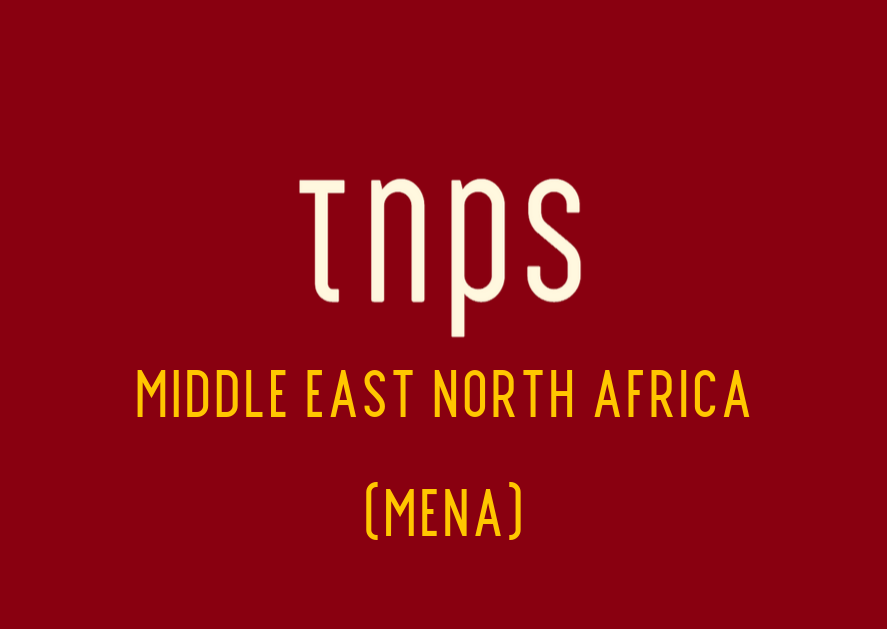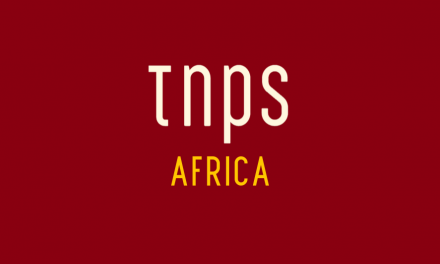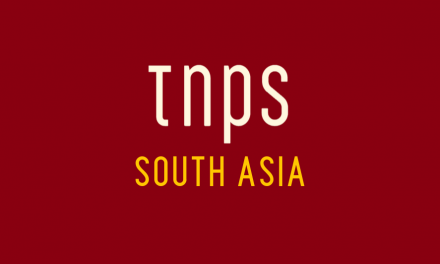The loss of the in-person event has been described as “a catastrophe” for Algerian publishers who rely on book fairs to reach consumers, but there’s a silver lining in that publishers will take a closer look at the digital opportunity unfolding
Last year the Algiers International Book Fair drew a disappointing crowd of only 1.1 million visitors (2 million is more usual). But hopes that 2020 would see a return to form were dashed when the coronavirus pandemic swept North Africa.
As this post goes live Algeria is the sixth hardest hit country in Africa, with over 37,000 cases and more than 1,300 fatalities, forcing the Salon du Livre Internationale d’Alger (SILA) organisers to admit to “the impossibility” of going ahead as in person event.
Typically more than 2 million turn out for the event, by far the largest cultural event in Algeria, although the 1.1 million turnout in 2019 –
was way down on the record 2.3 million that attended the 2018 incarnation.
This week the SILA organiser head Djamel Foughali confirmed that the regular event would not take place, and promised an online event in lieu.
As yet the online event is still in the embryonic planning stages and it’s anyone’s guess how this will pan out, with a sales platform being talked of only as “possible”, and very little chance anything meaningful can be put together and publicised in the time available.
Foughali said the Ministry of Culture and Arts is looking at “special measures to preserve and boost the book industry in Algeria in this exceptional period”, but no further details were given.
Last year SILA saw the participation of 1,030 publishing houses from 36 countries.

The event is set to run October 30 through November 9, so will once again overlap with the Sharjah International Book Fair in the UAE, meaning some potential exhibitors had to choose one or the other event.
As this post goes live Sharjah’s authorities have said the Sharjah International Book Fair will go ahead as an in-person event, but with the pandemic showing no sign of easing it’s hard to envisage even a fraction of the usual 2 million visitors turning out this year.
Update: as I was about to post this I spotted ArabLit had also covered the news, and had some further insights.
From ArabLit:
Nadia Ghanem, ArabLit’s Morocco and Algeria editor, called this,
catastrophic news for publishers big and small who earn their year’s income in the 10 days of the salon.
Ghanem added,
So far they say they’ll “try” to organise an online bookshop, but I doubt it will work, plus the internet connection is much too weak for stable online meetings with 100s of people attending.
That’s a problem for many countries, of course, but just maybe Ghanem’s pessimism will not be totally realised.
While it’s true that the big book fairs bring in more money than regular bookstore sales, and are critical to publishers’ well-being, what we’ve seen elsewhere in the Arab world and beyond is that the pandemic crisis has forced publishers to re-evaluate digital opportunities.
So while this year will inevitably be catastrophic because no-one was prepared for this eventuality, there may be a silver lining in so far as Algerian publishers make the necessary shift towards digital embrace that will serve them well in the future.
Algeria may be at only 58% internet penetration, but that’s still 25.4 million people online, and that’s without beginning to factor in the pan-continental, pan-MENA and global reach an online event might bring.





